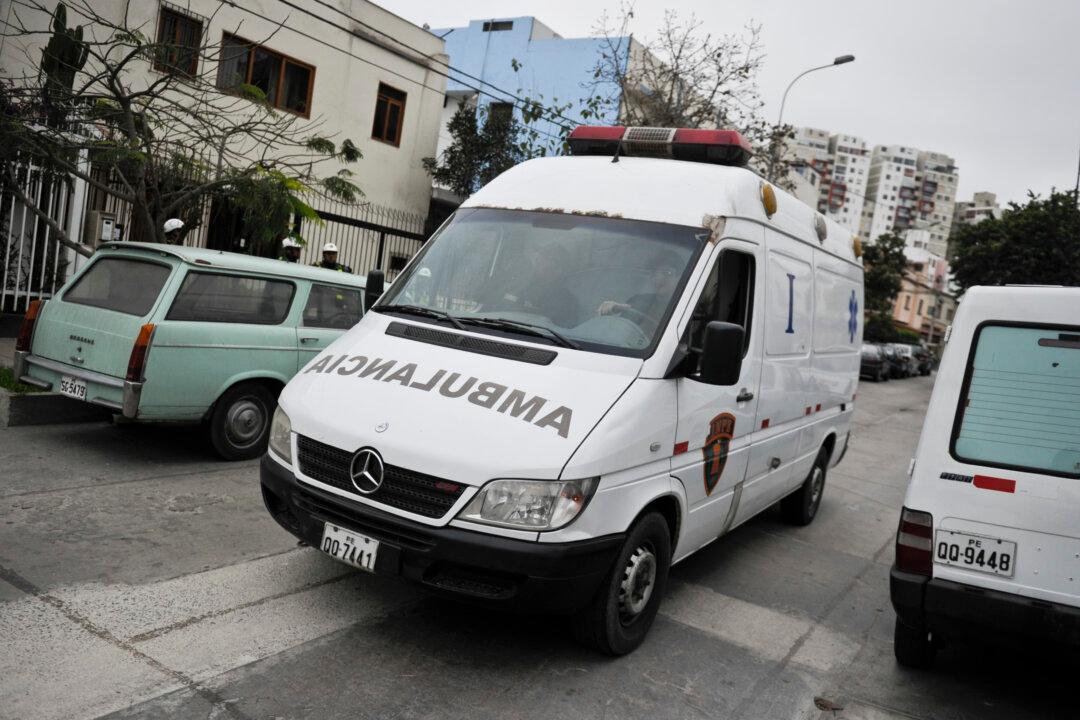Peruvian authorities have declared a 90-day national emergency over an “unusual increase” in Guillain-Barré syndrome, a rare neurological disorder that’s linked to certain vaccines, the Zika virus, COVID-19, and other viruses, according to reports.
President Dina Boluarte issued a decree over the weekend that about $3.2 million will be used to improve patient care, increase control on detections, and other measures, the Peruvian health ministry stated in a social media post. Emergency measures include acquiring intravenous immunoglobulin and human albumin, manufactured from human plasma.





